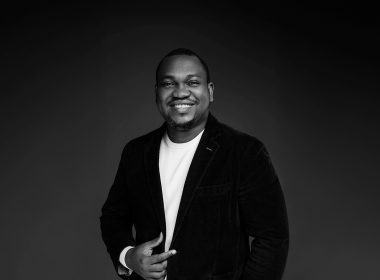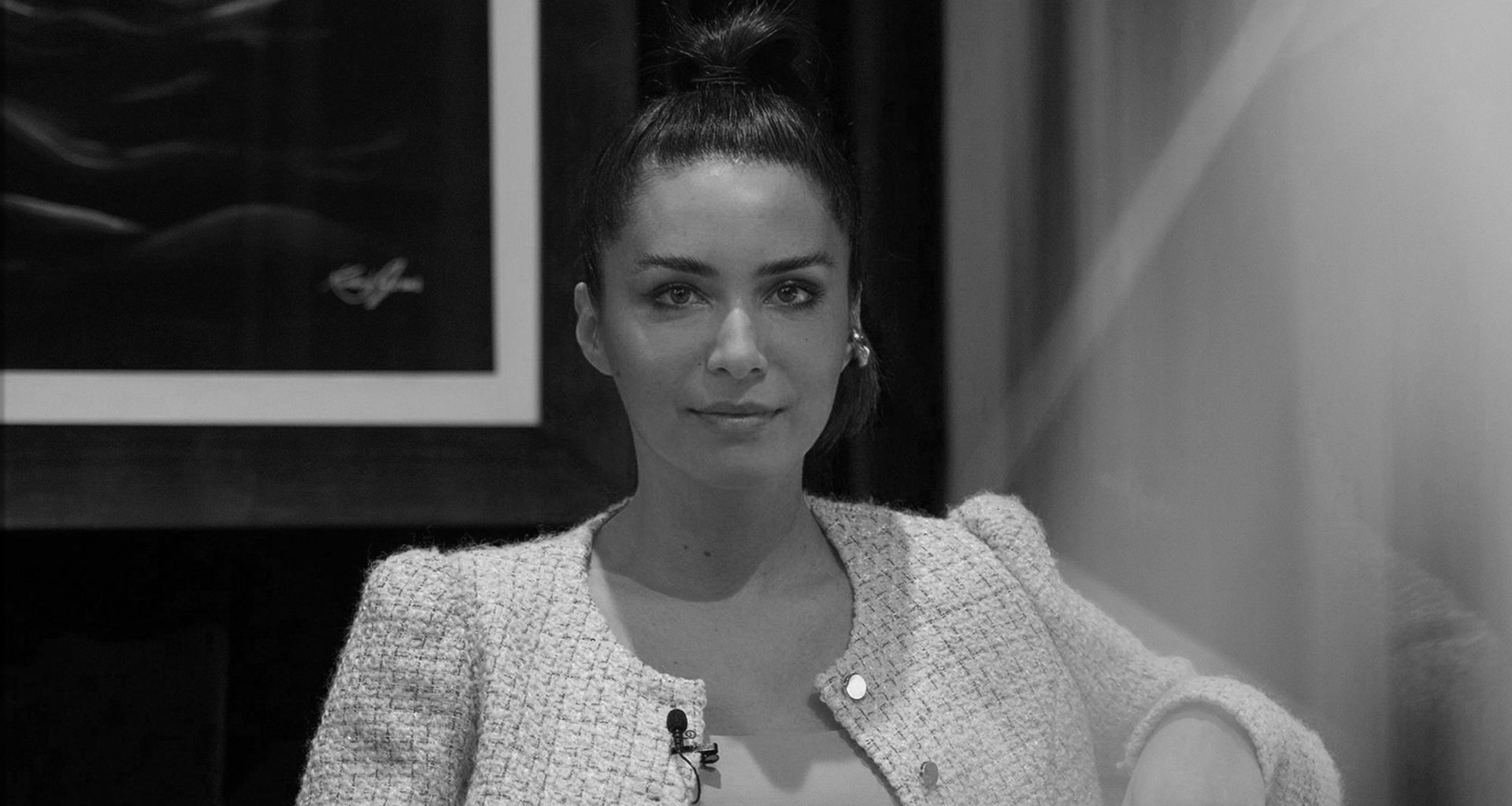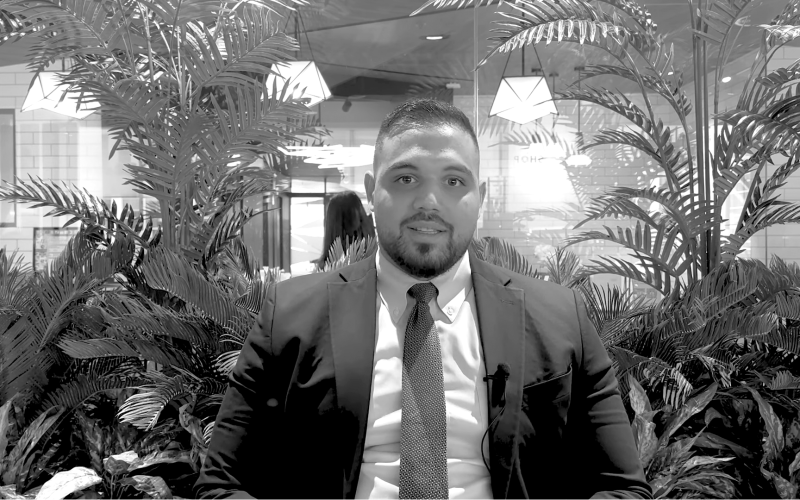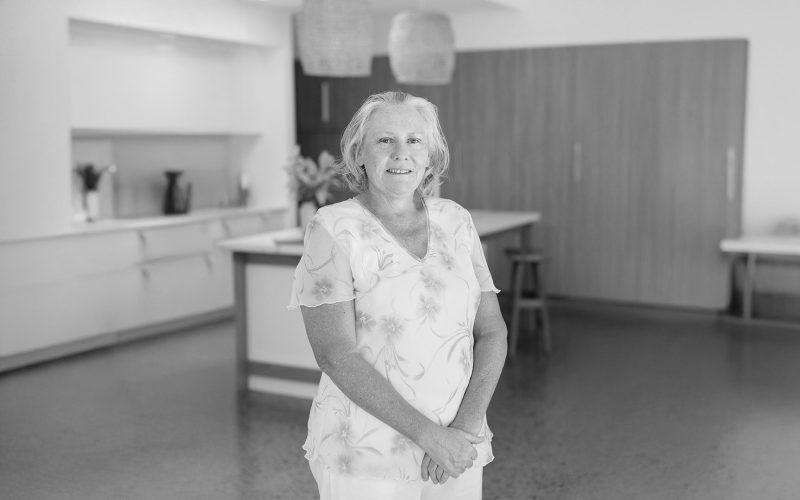Inventing something truly revolutionary requires moving beyond assumptions. As Adriana Delor, former innovation executive and current consultant, speaker, and media personality, asserts, most companies rely too heavily on assumptions when developing new products and services.
By focusing too much on high-level ideas, rationales, and plans, they lose sight of what truly drives people. The key to breakthrough inventions lies in understanding real human behavior.
With over 15 years advising major companies across industries, Adriana has built her career on driving change by harnessing the power of human behavior. From a soap brand wanting to launch a theme park to an app company wanting to design an innovative new product, “a lot can be possible, and very successful, if it can resonate with how people actually think and act”.
The Problem with Assumptions
Why do most inventions fail to gain traction? According to Adriana, it comes down to incorrect assumptions.
“The reason for this is that most companies invent based on too many assumptions about people. Their leader or someone inside the company has a generally cool idea, it has a decent rationale, and a plan for how to sell it – so they roll with it – making “A TON of assumptions” about how “ACTUAL PEOPLE” will react to it.”
Leaders often believe they understand consumers because of market research and testing. However, Adriana argues surveys and focus groups fail to capture how people behave in real life.
“What they’re doing is asking these people a bunch of questions about the product. What do you think of it? Would you buy it? How much would you pay for it? …Sounds helpful? Well, it’s not…”
She emphasizes a key truth – what people say and what people do rarely align.
“People don’t do what they say they will do. People act very differently when faced with the situation vs. when they were asked the question about this situation.”
Rather than relying on stated preferences, innovators must focus on revealed preferences – what people signal based on their real-life actions.
Observe Behavior, Don’t Just Ask Questions
For Adriana, truly breakthrough inventions stem from deep insights into human psychology and observed behavior. Companies must immerse themselves in consumers’ worlds to identify their needs.
She advises moving beyond surveys and interviews. Instead, innovators should carefully watch how people live their daily lives and what motivates them. This allows identifying ideas that align with what people value most.
“How to create something like this? You have to dive deep into the world of people, and their psychology, and understand what’s going on in their lives.”
Observations often reveal pains and gains that surveys do not. People cannot easily articulate the frustrations they have learned to accept or ideas for solutions they never knew existed. Careful observation uncovers these opportunities.
Solve Massive Pains or Create Massive Gains
For Adriana, effective inventions must either relieve major frustrations or provide meaningful benefits. Minor improvements or “nice to haves” rarely motivate people to act.
“This kind of product has to either solve a MASSIVE, UNBEARABLE pain in their life…Or create a MASSIVE, UNPRECEDENTED gain – such as pleasure, vanity, comfort, or any other things that we humans want to feel.”
Truly revolutionary inventions do not simply sound interesting. They substantially improve people’s lives by removing a significant annoyance or offering a major advantage.
She points to innovations like an app that seamlessly unsubscribes users from junk emails. By instantly solving a major hassle, it delivers tremendous value. Other breakthroughs may offer unprecedented experiences like virtual reality or generate meaningful emotional rewards like social media.
The key is not assuming an idea will resonate. It must demonstrably fill a massive gap in people’s lives. Observed behavior and psychology reveal these opportunities.
Focus on People, Not Just Ideas
For Adriana, losing sight of real human dynamics is the downfall of most innovation efforts. Breakthroughs come from truly understanding people.
“Business is people: inside and outside… if you don’t understand people, you don’t have a business.”
No matter how logical an idea may seem, it must align with authentic human needs and values. Surveys provide a superficial view, while observed behavior offers deep insights.
She advises immersing yourself in consumers’ worlds to identify their greatest pains and most desired gains. The companies who will invent the future are those who best understand the psychology behind people’s actions.
For companies struggling to develop revolutionary inventions, she stresses the need to move beyond assumptions and superficial research. By immersing themselves in observed human behaviors and psychology, organizations can unlock true breakthroughs aligned with people’s deepest needs. To learn more, find Adriana through her LinkedIn profile or visit her website.











